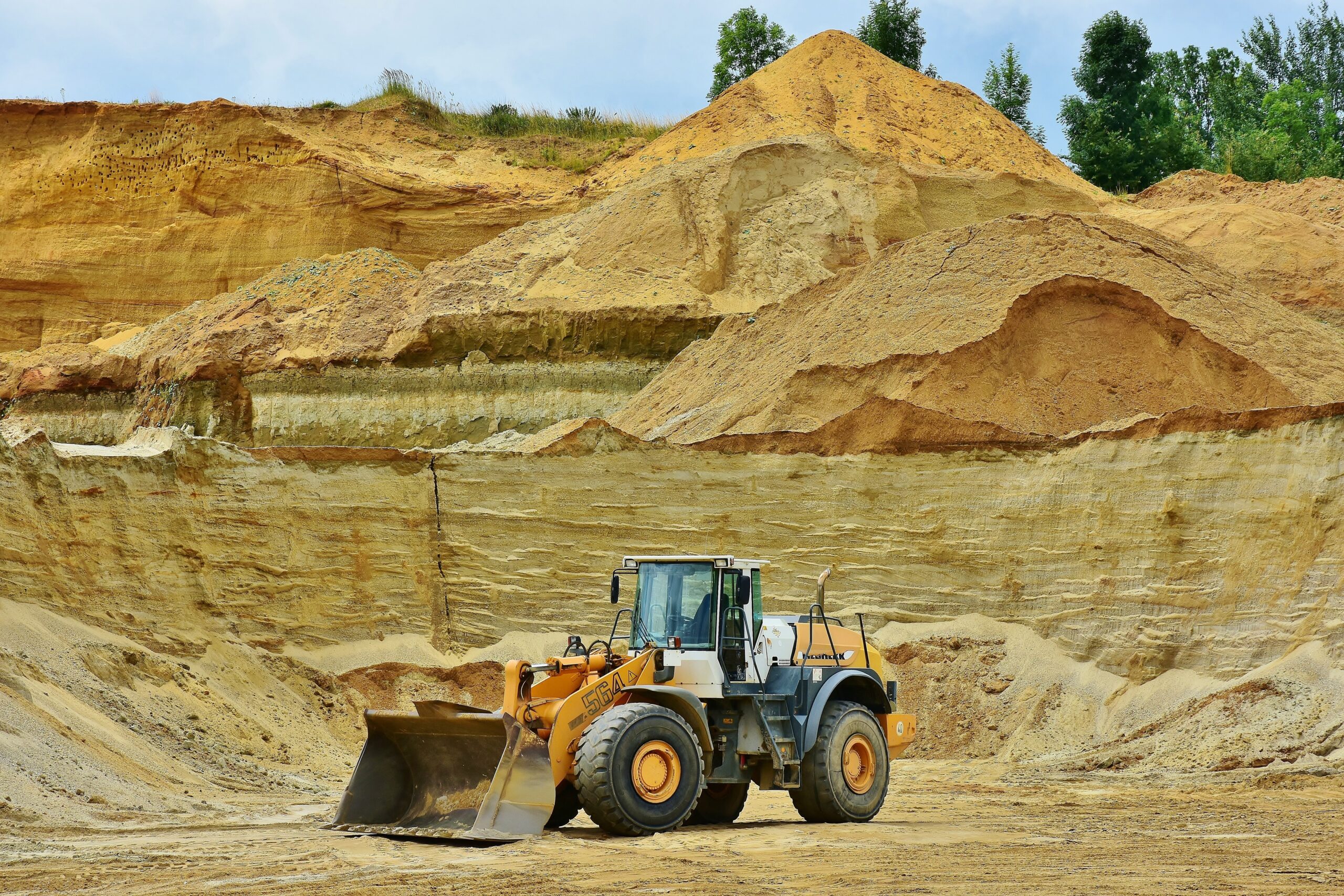The topic is a controversial one.
The rapid growth of the renewable energy sector has led to an increase in demand for the metals and minerals that are essential for the industry’s continued expansion.
Renewable energy is often emphasised for its important role in tackling climate change, the mining required to produce many of the materials necessary for renewable technologies such as wind power and solar power can have environmental and social impacts.
While this should not discourage investment in renewable energy, books such as “Cobalt Red” by Siddharth Kara lay out some of the affects of the cobalt industry when it comes to the demand for electric batteries and components used for mobile phones and portable computers. Some similar considerations should be made for the minerals used in the renewable energy sector.
Wind turbines and solar panels require large amounts of metals and minerals that include cobalt, lithium, copper and rare earth elements.
The mining of these materials and metals can have significant environmental impacts. Mining can result in habitat destruction, water pollution and soil contamination. The production of energy-intensive metals such as aluminium and steel can also have significant greenhouse gas emissions.
To address this issues it is important that renewable energy companies take great care to source their metals and minerals from companies with responsible practices. As “Cobalt Red” author Siddharth Kara has shown, in many cases such claims of ethical or responsible mining practices do not amount to much in practice.
The renewable energy sector has an important if not critical role to fight climate change, but this must also be accompanied with a focus on the challenges presented in sourcing metals and minerals from sustainable sources.

Be the first to comment on "The impact of renewable energy on the mining sector"